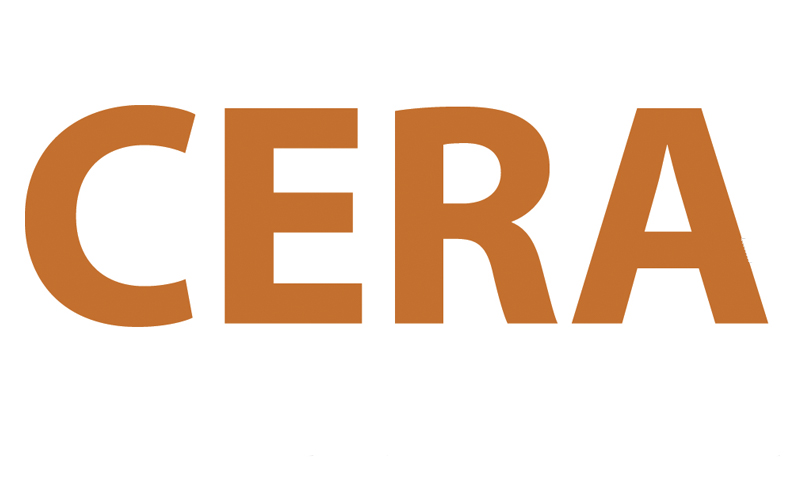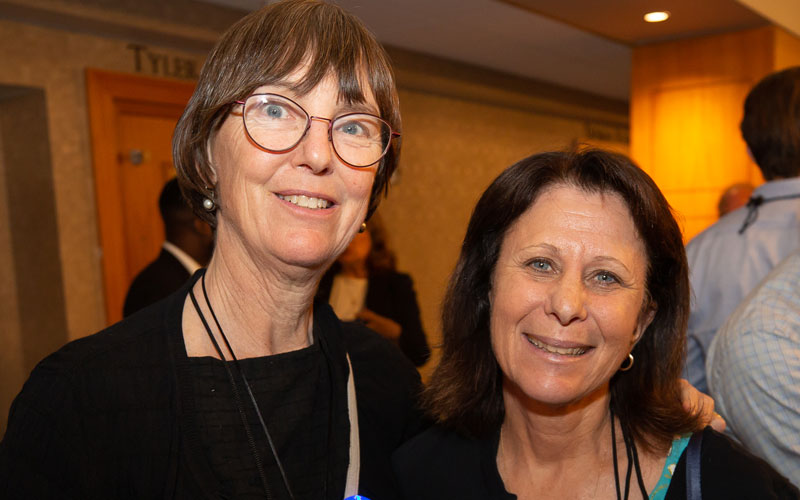
What You Need to Know
How are proposals scored?
Proposals are reviewed by at least two researchers. They are assessed for logistical considerations, as well as:
- Interest of topic to medical educators
- Background and significance
- Strength of hypothesis (PDF)
- Quality of questions
- Whether the results are likely to yield a high-quality peer-reviewed publication
- Overall quality of submission
Applicants receive brief feedback from reviewers.
What are components of a "good" proposal?
Reviewers will look at:
- Is the Introduction well cited? Is the need for this study well argued?
- Has CERA done this study before?
- Are the aims/hypotheses clearly stated? Are they measurable? Are they merely descriptive, or do they address correlations/associations between variables?
- Do the authors make good use of CERA’s recurring (demographic) questions?
- Do the survey questions answer the study aims/hypotheses?
- Do the authors use valid and reliable survey instruments?
- Are the survey questions easy to read and answer? Are the response options appropriate?
What type of hypotheses is CERA looking for?
CERA is looking for hypotheses that go beyond describing the current state of something in family medicine education (e.g. How many ___ do ___?). The best research hypotheses make predictions about the association between at least two phenomena. Consider one of these types of hypothesis:
- Group comparisons
- Change over time
- Correlations
Learn more about writing hypotheses for educational research (PDF).
How many questions can I submit?
To keep surveys a manageable length and to keep response rates up, CERA limits the number of questions per research proposal to about 10, in addition to the recurring demographic questions. Here is how CERA counts various question types:
Each subquestion is counted. For example, the following counts as four questions:
- How important do you feel each of the following procedures are for your residents to learn (1=least important; 5=most important):
- Shave biopsy 1 2 3 4 5
- Excisional biopsy 1 2 3 4 5
- Vasectomy 1 2 3 4 5
- IUD insertion 1 2 3 4 5
For "check all that apply" questions, each possible answer is counted. For example, the following counts as six questions:
- Which of the following procedures are residents required to become competent to perform in order to graduate (check all that apply)?
- Shave biopsy
- Excisional biopsy
- Vasectomy
- IUD insertion
- Colposcopy
- Limited OB ultrasound
Questions that call for the respondent to rank order have each option counted. For example, the following would count as three questions:
- Rank, from 1 to 3, which of the following procedures you feel are the most important for graduating residents to be competent to perform:
___ Shave biopsy
___ Excisional biopsy
___ Vasectomy
___ IUD insertion
___ Colposcopy
___ Limited OB ultrasound
What types of questions are not allowed in CERA surveys?
The following are generally not allowed in CERA surveys:
- Open-ended questions
- Matrix formats
"Chose all that apply” questions are discouraged. When allowed, each item will be counted as a “question” (see above).
Consider these tips from Qualtrics for writing good survey questions:
What About IRB Approval?
CERA surveys use the American Academy of Family Physicians Institutional Review Board, a federally approved IRB. Investigators should follow their local IRB policies regarding use of the data.
How Likely Is My CERA Proposal to Be Accepted?
The acceptance rate for CERA survey proposals varies by survey type. Below are historical average acceptance rates through 2024, by type:
- Program Director Survey: 25%
- Clerkship Director: 57%
- Department Chair Survey: 60%
- General Membership Survey: 46%


